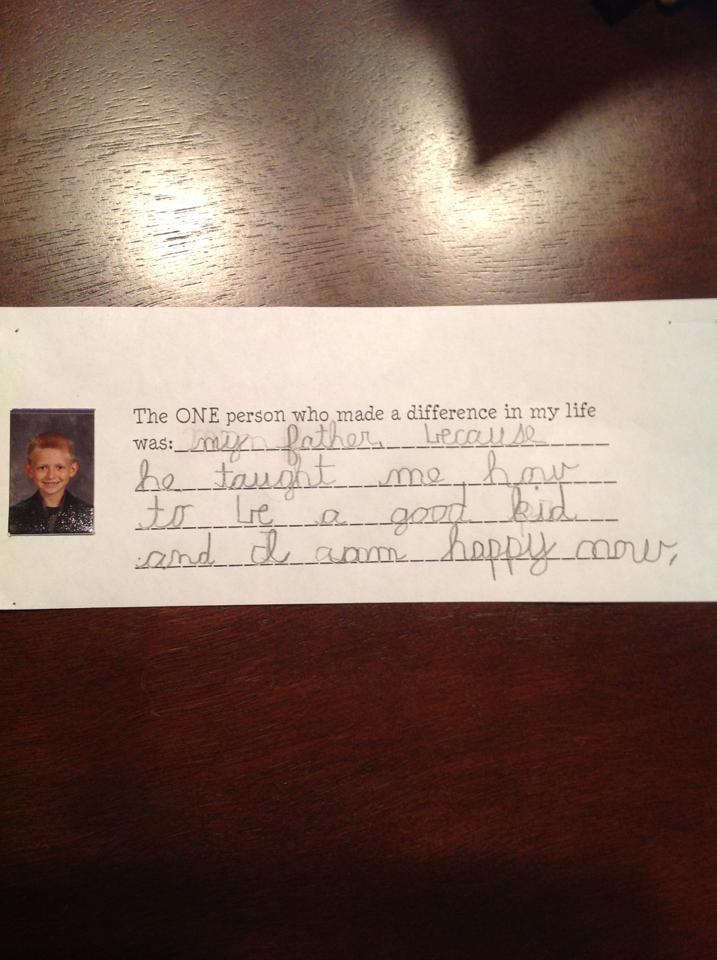How can a parent that is dealing with a high conflict spouse have a more effective means to address disputes?
One of the more challenging aspects of creating Parenting Plans for my clients is creating a methodology in the plan for dispute resolution. Parents that generally see eye-to-eye on matters concerning the children are able to work together to solve issues or disputes that arise without any outside help. Other parents can benefit from taking the dispute to a court designated mediator, who works with the parents to help them find a middle ground solution for the dispute. Some years ago, the Illinois Supreme Court expressed a preference for using mediators to try to resolve disputes between parents. However, the panacea that mediation was thought to be generally didn’t work out to be as effective as was hoped. Mediation works with parents that have a middle ground solution as a goal, and who come to the table with a mindset oriented toward resolution. However, that’s just a minority of litigants. Those of you with high conflict ex-spouses will know how ineffective, and expensive, mediation can be.
To help my clients deal with a high conflict ex-spouse, I have been utilizing in my cases Parenting Coordinators to act as dispute resolvers. Parenting coordination is described as a combination of mediation and arbitration, as the parenting coordinator decides or recommends solutions to the disputes the parents are unable to resolve. A skilled parenting coordinator must be adept at investigating, interviewing, managing conflict and disputes, making decisions, educating parents, coordinating/case managing, and overseeing communication between parents.

 Illinois Divorce Lawyer Blog
Illinois Divorce Lawyer Blog



